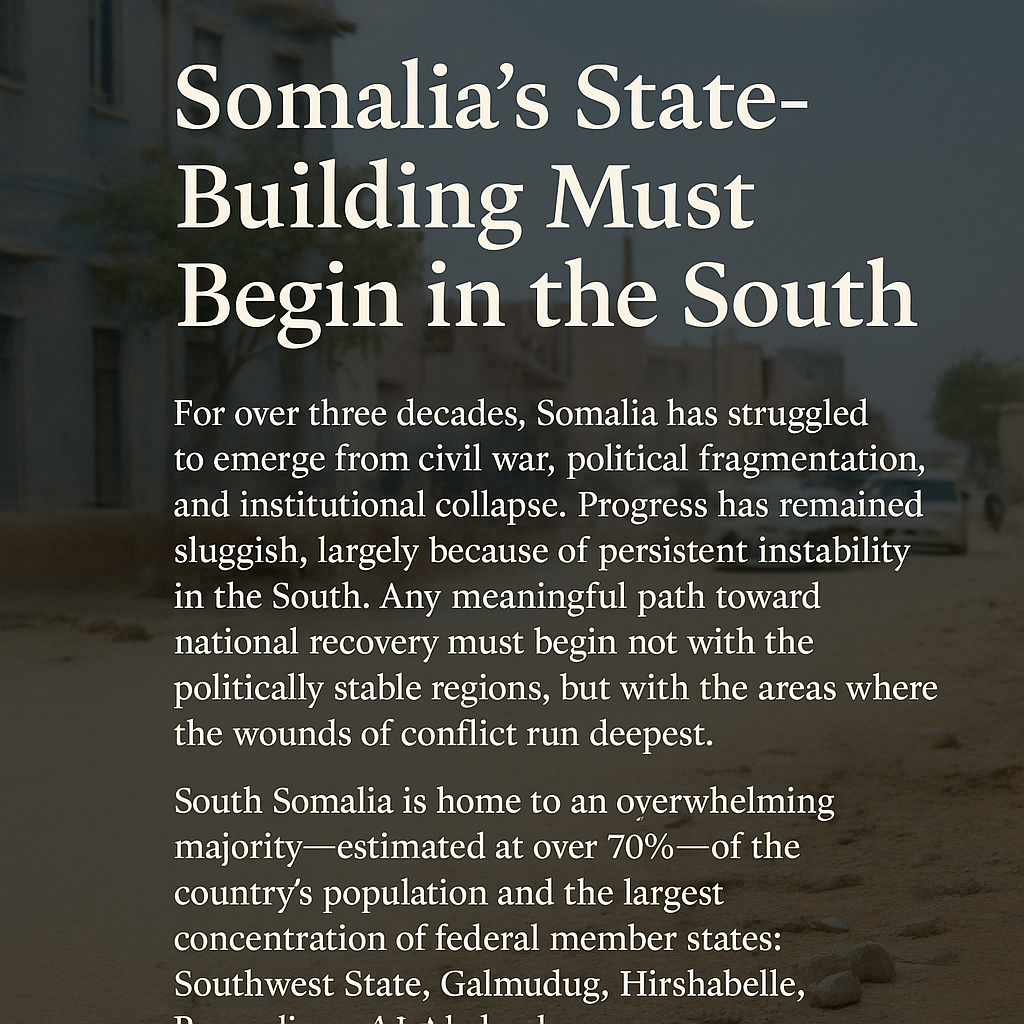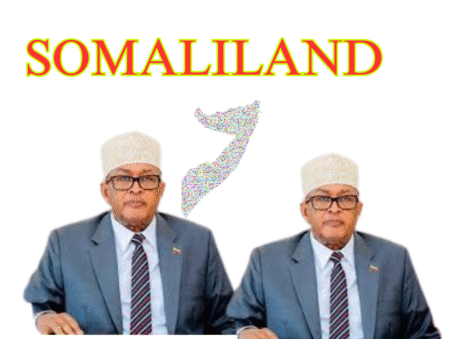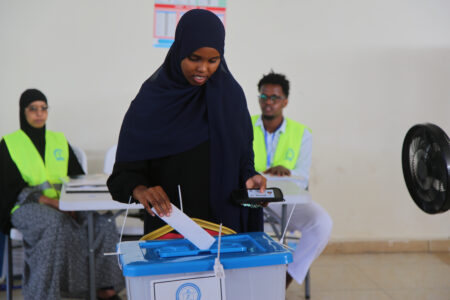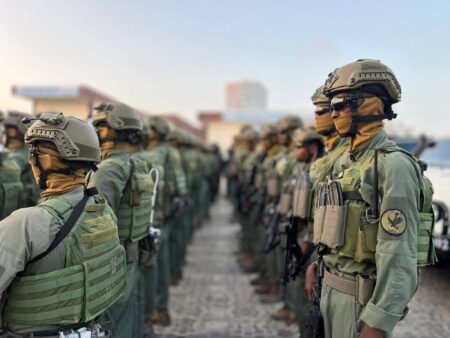Somalia’s State-Building Must Begin in the South
For over three decades, Somalia has struggled to emerge from the shadows of civil war, political fragmentation, and institutional collapse. While numerous efforts have been made to rebuild the nation, progress has remained sluggish, mainly due to one critical oversight: the persistent instability in the South. Any meaningful path toward national recovery must begin not with the politically stable regions but with the areas where the wounds of conflict run deepest.
South Somalia is not only home to an overwhelming majority of the country’s population—estimated at over 70%—but also houses the largest concentration of federal member states: Southwest State, Galmudug, Hirshabelle, Banaadir, and Jubbaland. These regions collectively represent the country’s actual demographic, economic, and geopolitical core. Yet, paradoxically, they have received the least coherent attention in national reconciliation processes and state-building agendas.
Unlike Puntland, Somaliland, or SSC-Khatumo—which, despite their political disagreements with the central government, experience relative calm and localized governance—South Somalia remains engulfed in turmoil. Armed insurgency, primarily led by Al-Shabaab, continues to threaten the social fabric, displace families, and paralyze development. The cost of inaction has been steep: weak governance structures, disrupted public services, and a generation raised in fear and uncertainty.
It is illogical to delay meaningful intervention in these southern territories while waiting for a unified national consensus that includes disengaged or semi-autonomous regions. This line of thinking not only places the burden of delay on the regions in crisis but also allows the rest of the country to operate under the illusion of normalcy. National healing cannot be hostage to political ambiguity. The South cannot be left behind simply because other regions have chosen a path of detachment or hesitation.
From a strategic perspective, the federal government must recognize that prioritizing South Somalia is not a matter of favoritism—it is a rational necessity. Building institutions in areas where the state has crumbled most dramatically is essential for sustainable peace. That includes reinforcing local governance, promoting inclusive political participation, expanding civilian administration, and reforming the security sector. These reforms, however, must be owned by the people of the South and supported by the federal government and international partners alike.
Moreover, the five southern regional administrations can come together to present a unified political framework for stability and security. In that case, the international community will likely respond with increased political and financial support. History has shown that donors are more inclined to support coordinated, locally driven initiatives rather than fragmented efforts. A united southern front would serve as both a practical solution and a symbolic turning point in Somalia’s long journey toward peace and legitimacy.
The notion that national recovery must wait for regions like Somaliland or Puntland to participate in reconciliation efforts entirely is flawed at best and dangerous at worst. It is comparable to waiting for a divided family to agree on everything before rebuilding a house that’s on fire. Somalia’s survival cannot depend on such uncertain variables. Every day of delay further entrenches extremism, weakens governance, and jeopardizes future generations.In truth, the resilience of the Somali people, particularly those in the South, is one of the nation’s most underappreciated strengths. Despite enduring the worst conditions, they continue to seek education, preserve cultural identity, and push back against terror in both small and significant ways. Their determination is not only admirable—it is a foundation upon which statehood can and must be rebuilt.
To chart a course forward, Somalia must confront its most difficult realities. That journey begins in the South—not because it is the easiest path, but because it is the only one that addresses the root of the problem. If we are to speak of national unity, let it be informed by action, not rhetoric. And if Somalia is to rise, let it rise from the ground up—starting where the pain is deepest and where the hope, remarkably, still endures.





